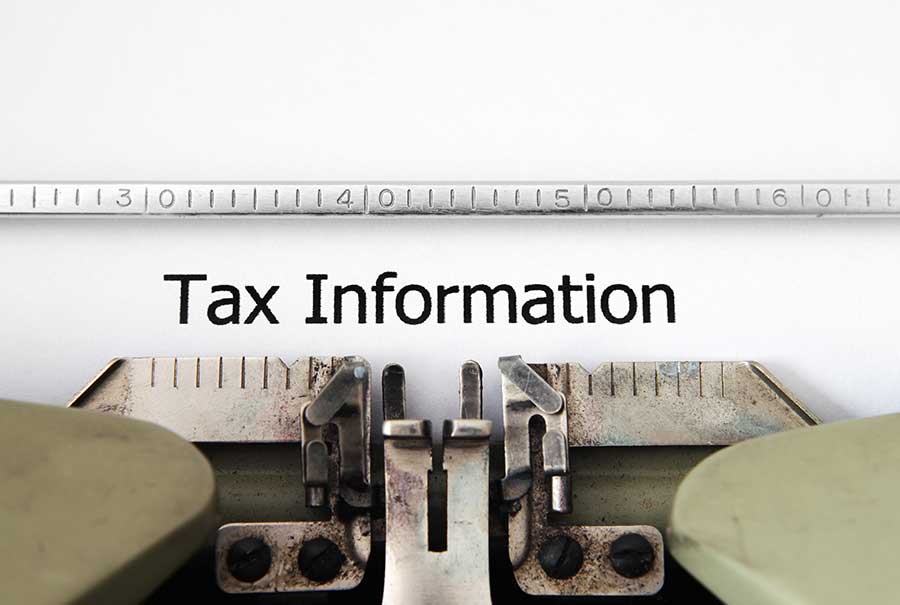The subject of tax rates on what is known as “carried interest” has been the subject of vigorous debate for a number of years but the news during the Republican presidential nominating season earlier this year that a substantial percentage of Mitt Romney’s earnings came from carried interest brought new attention to the subject.
What is carried interest and who earns it? How is it currently taxed? Beyond the subject of presidential election year politics, why is the tax rate of carried interest likely to be heavily discussed in the coming months? What are the various arguments in favor of and against changing the rate of taxation on carried interest?
Carried Interest: What Is It and Who Earns It?
Carried interest is the term that is applied to the percentage of profits that are earned by investment managers, in the case of some hedge funds, and by private equity firms. In both cases, carried interest is typically not paid to the managers until after investors have been paid beyond a specific performance hurdle. That profit rate, in the case of private equity, is ordinarily 7-8%. The actual rate of carried interest paid to the manager, beyond the profit hurdle, varies but is usually on the order of 20%.
How Carried Interest is Taxed
The federal tax code currently treats carried interest as investment income, not earned income. As a result, it is taxed at the same rate as capital gains. In the case of private equity firms, carried interest payments to firm managers are regarded as the equivalent of long-term capital gains which are taxed at a 15% maximum rate. Given the amounts of money under consideration—which are often in the tens or hundreds of millions of dollars—this rate is far lower than the equivalent marginal rate on comparable ordinary earned income, which is 35%. For this reason, the current carried interest rate of taxation is regarded by many as a loophole that allows extremely wealthy people to pay far less of their income as tax than people making far less money.
The Terms of the Debate
The debate over whether the present carried interest rate is fair revolves around the notion of what kind of income carried interest actually represents. Those who regard carried interest as essentially payment for services rendered believe that the lower rate of taxation is simply a tax giveaway to the wealthy. The position that this is nothing more than ordinary earned income is based on the fact that the vast majority of money that private equity firms and hedge fund managers earn is in the form of carried interest.
Those who view carried interest as an investment—the argument here is that it’s not a salary; if the investment that underlies the payment goes sour, no carried interest payment will result—believe that a lower rate of taxation is appropriate and perfectly fair since there’s risk involved, as with any investment.
Carried Interest Tax Rates and the Federal Budget Debate
As 2012 draws to a close, a wide number of fiscal issues are poised to come to a head. All sides in the budget debate are focused on ways to lower the federal budget deficit and the Bush era tax cuts are set to expire barring congressional action at year’s end. Raising carried interest rates would be one way to address budgetary shortfalls without directly impacting most taxpayers. Those facts, coupled with the politics of a presidential year—with one of the major party candidates having been dogged by charges of exploiting low carried interest tax rates during his career in the private equity world and to the present day—mean that we can expect the discussion about carried interest to be front and center, through Election Day…and probably beyond.



Leave a Reply
You must be logged in to post a comment.